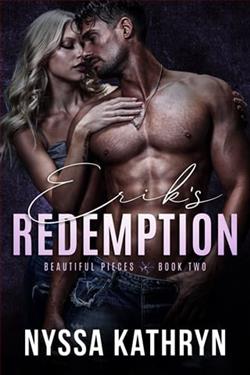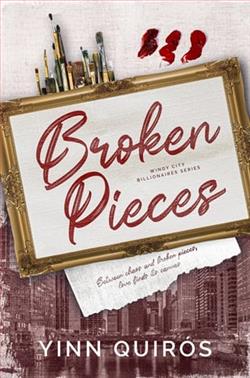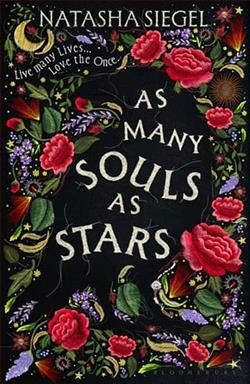Page 54 of Prince of the Palisades
“When they designed the palace,” I explain, “they wanted it to stand out like the constellation. A place my people look to for strength.”
“Sounds amazing,” he exhales.
It is, though I haven’t thought about that story in so long. I walk the halls, pass all the art and statues. Our journey etched into the architecture. But I forgot what the palace means to Réverians. To our existence.
How much of that weight I’ve unconsciously carried with me here.
I study Reiss. I wonder what it’d be like to take him there. To my home. Show him around Centauri Palace and the sprawling marketplace, to the field where I play football. What would it be like to introduce him to my world? How would my parents feel about him?
It’s a heavy thought. One I’m not ready to parse through.
“Réverie is incredible,” I tell him instead, grinning. “So much life. Community.”
He shifts closer. Our biceps touch, then our shoulders. A solid wall of warmth and support.
“I miss it.” I lower my eyes. Another wave dampens Santa Monica’s shore.
Reiss laughs quietly. “You talk like you’re never going back.”
When I tense, his gaze intensifies, like he’s searching for the reason. My brain says not to tell him. As a royal, I’ve learned only to give what is necessary. Because the world will take so much from you. Expect so much of you.
I’ve been betrayed, hurt too many times to do this again.
But my heart—ittrustsReiss. He’s been open, unguarded.Forgiving when he could simply be cruel like everyone else has.
It’s okay, I tell myself,just this once.
“I can’t go home,” I admit. “Not until I prove myself.”
His eyebrows jump up, so I share the barest details. Papa’s anger about the video. His demands. How I’m supposed to be the prince my people deserve. I leave out the parts about what the prime minister said and fill it in with how much I want my old life back.
“I’m sorry, that sucks. But I don’t know.” Reiss shrugs. “Maybe give this place a chance. While you’re here, at least. Not all LA people are bad.”
“I never said LA people were bad,” I retort.
“Your RPF did.” The corners of his mouth rise. “Some of us are worth getting to know more. Try it.”
There it is again. Those amused crinkles around his eyes. The steadiness in his stare that I fall into.
I bump his shoulder. “I’m here with you, aren’t I?”
“I’m so honored,” he says wryly. “Come on. There’s a lot more to do.”
Playland Arcade is just in front of Pacific Park. A spill of noise greets us when we step in. Laughing children, the sharp clatter of air hockey tables, and the sad sound of characters dying. Ajani secures us rechargeable game cards. We leisurely walk around, scouting for what to play first.
I stop abruptly in front of a row of Skee-Ball machines parked opposite the bank of claw machines brimming with stuffed animals.
Reiss’s face wrinkles. “I don’t know. I’m not very good.”
“Afraid I’ll beat you?” I challenge.
His eyes narrow. “Fine. Let’s go.”
As he brushes against my arm, he says, “Be gentle with me,” in a coy voice that leaves me frozen for five long seconds.
The newer machines with glow-in-the-dark inclines are occupied by kids half our size. Reiss strolls over to one of the classic versions at the end of the row. I quickly swipe my card. Cheesy music plays. A set of Masonite-covered balls releases into a slot on the side.
My first attempt is decent. The ball hops up the ramp, landing in the center hole. The digital scoreboard lights up: 30 points. I whoop. It’s a short-lived victory, as my eight other balls land in lower-value slots.















